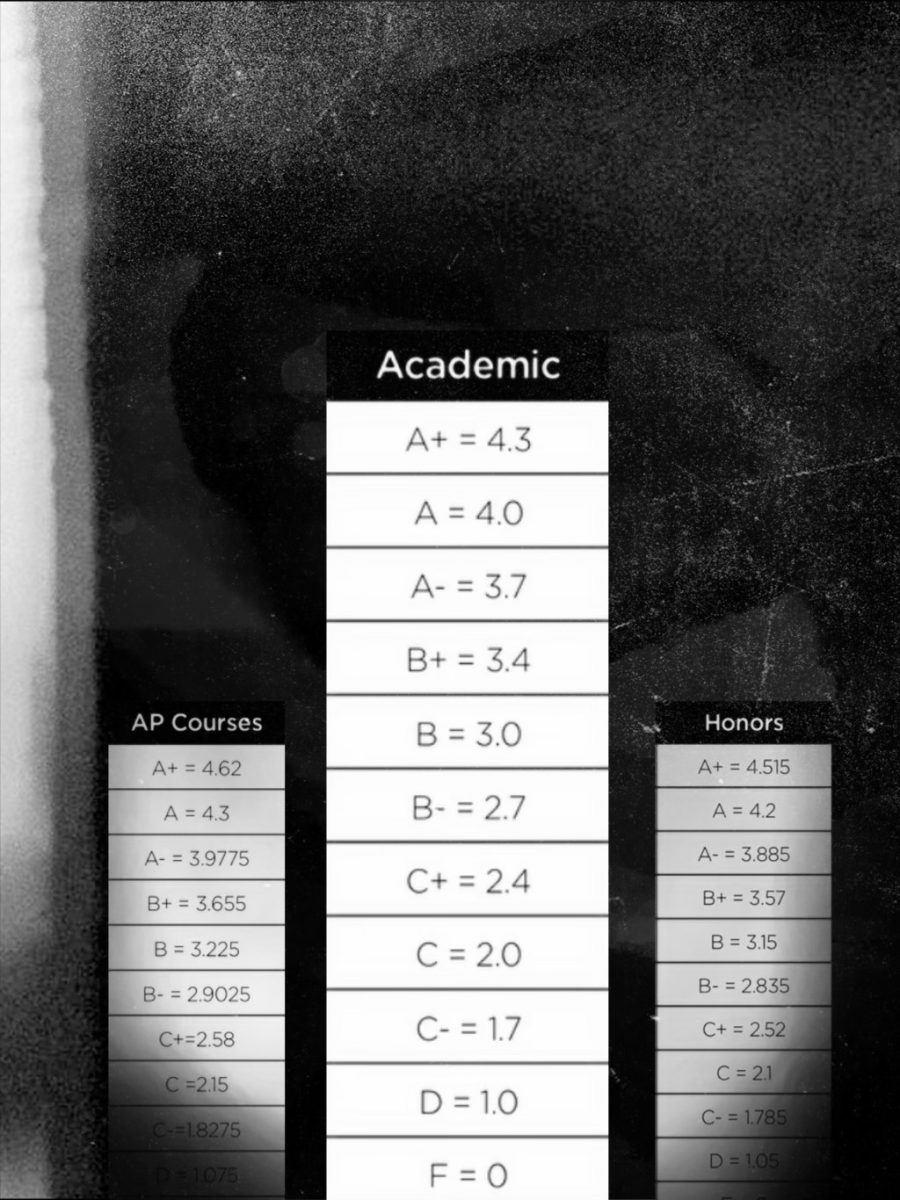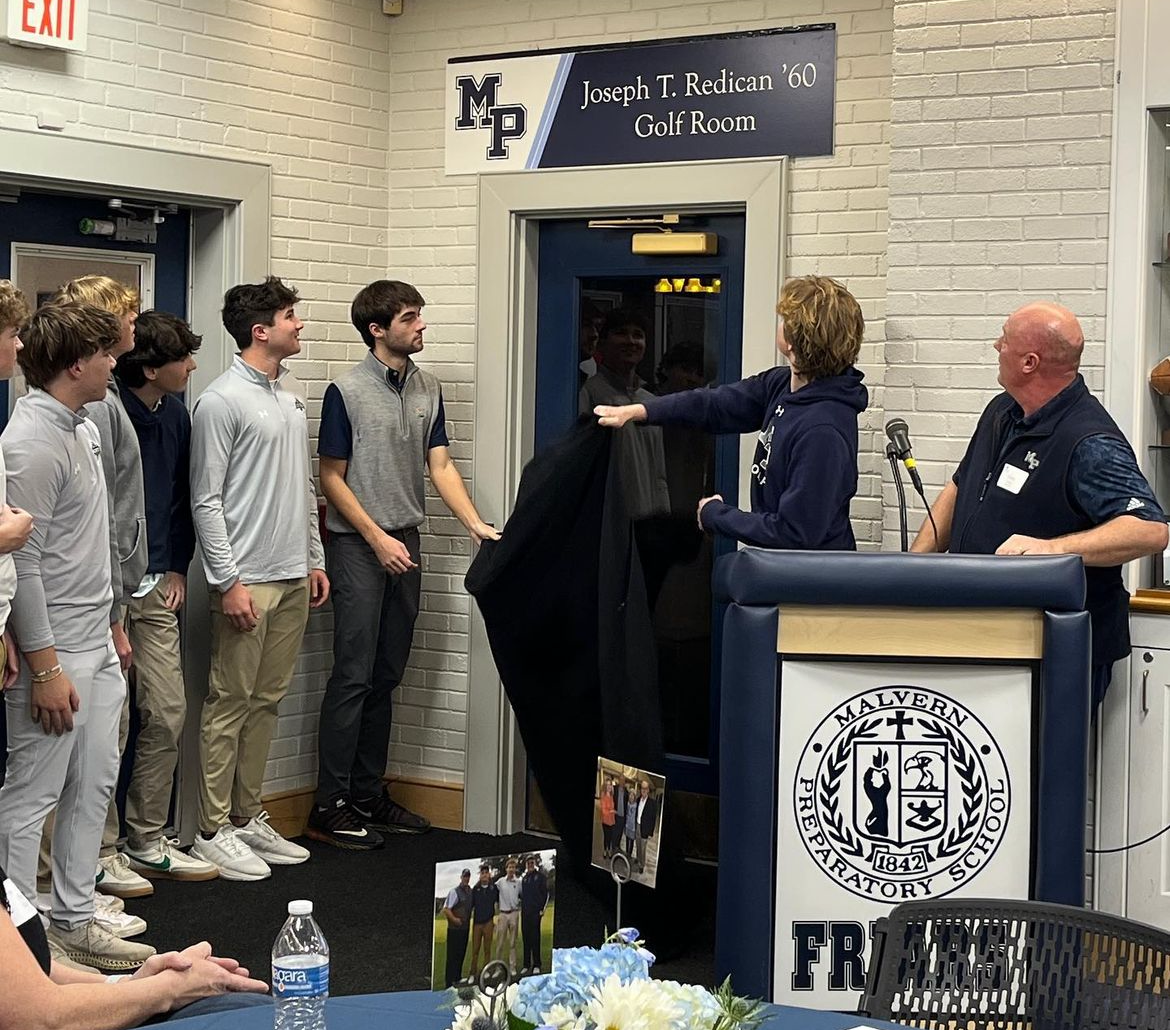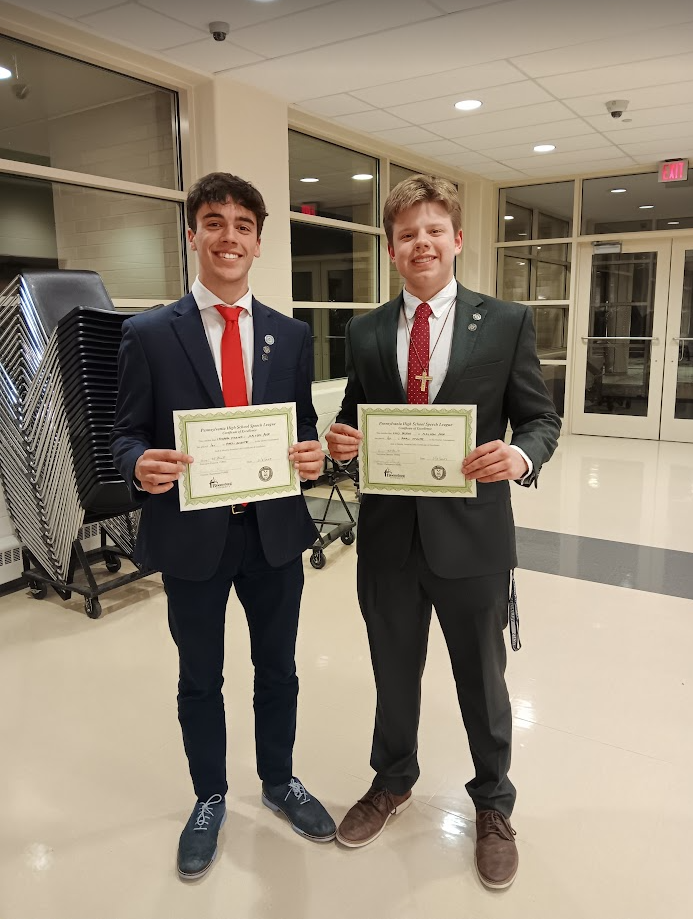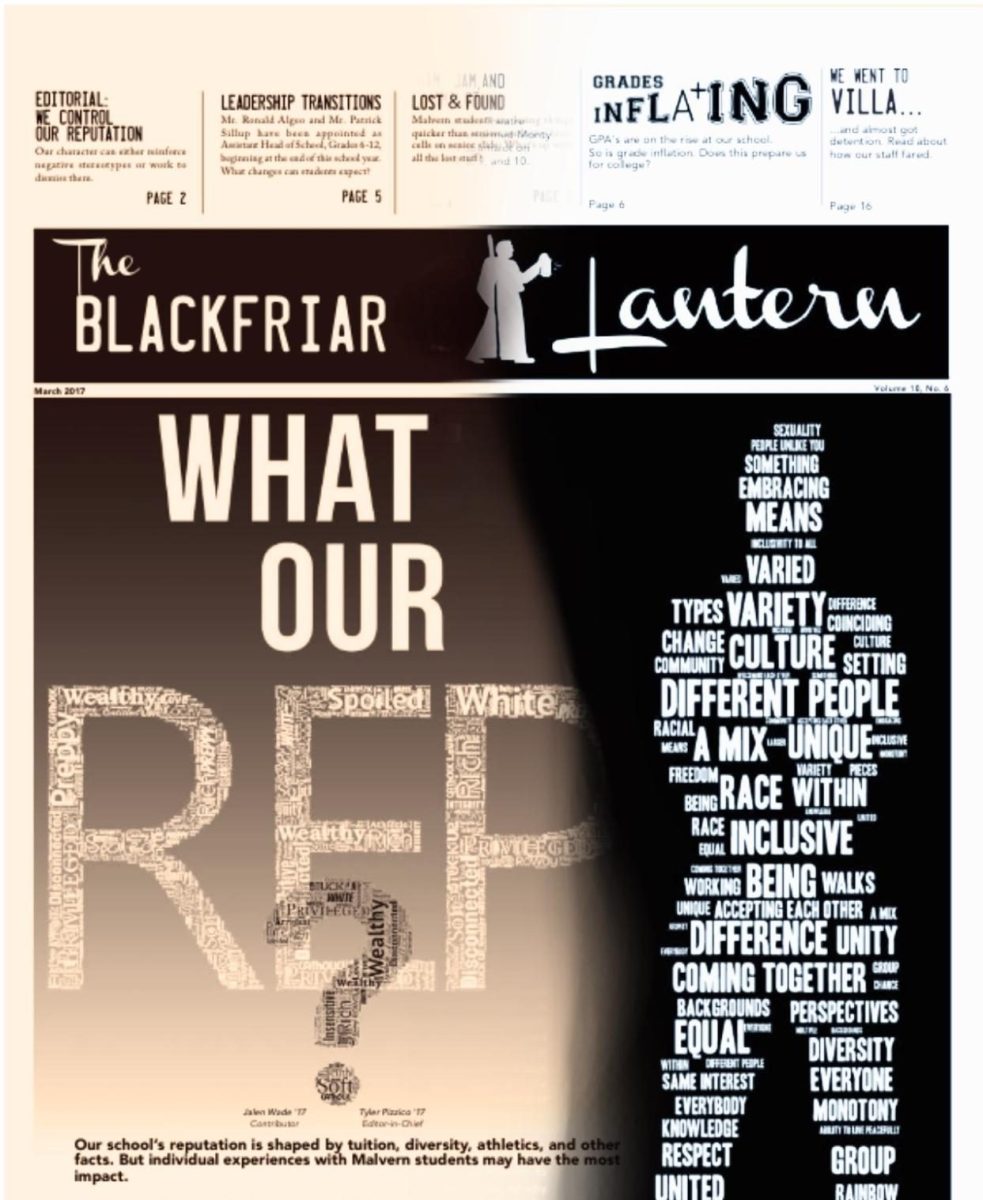The new rule will allow eligible seniors to opt out of taking AP exams under certain conditions.
For the first time this year, Malvern students are allowed to opt out of taking AP tests. However, this change only applies to seniors with more than three scheduled AP tests and whose colleges do not accept the AP credit at all, according to Head of Upper School Mr. Ronald Algeo.
Algeo announced the new policy to the senior class on March 2.
The past rule for AP exams was that all students in AP classes had to take, and pay for, the respective tests.
“If suddenly people aren’t taking AP tests, then maybe there shouldn’t be AP classes at all. So what’s the point?” Algeo said. “That’s why we’ve had this policy for years.”
Algeo said that he received feedback over the past four years from seniors that influenced this new decision.
“Some students will find out in the spring that they get into a particular school or a particular program at a particular school. And they realize that one or maybe two of their AP classes that they’ve signed up for and prepared all year for… they could get a five on that test and the school won’t take the credit,” Algeo said. “So it doesn’t matter.”
The problem with taking more than three AP tests and having one that will not count essentially has to do with cost and study time.
According to College Board’s website, the cost for each AP test is 93 dollars. For a test that would not give a student college credit, taking the exam would not be worth it, according to Algeo.
“It’s almost 100 dollars per test. And that money goes to the College Board. So we don’t care if that gets paid or not, College Board does,” Algeo said.
Algeo explained that in the past, some students would choose not to study for the exam at all if their college would not give them credit.
“I’ve had students say to me, ‘I’m taking AP blank, and if I get a five on it I’m not getting any credit, but these three AP classes I can,” Algeo said. “‘So I’m just going to tell you, Mr. Algeo, I don’t want to be rude but I’m only going to study for these three.’”
Senior Marc Nowlan, who will attend Villanova University next year, is taking advantage of the new policy.
“Villanova only takes a credit for either the AP Language and Composition or AP Literature and Composition but not both,” Nowlan said. “So I’m using it to get out of the AP Literature and Composition test since I got a five on the AP Language and Composition test.”
Although he will not take the AP Literature and Composition test, Nowlan will still have to take some form of assessment, according to Algeo. How that assessment will be weighted is up to the teacher and the student.
Senior Gabe Canzanese takes five APs, but will not be using the new rule.
“My only reason for not taking an AP test would be to delegate more time studying for others, and being that I would take a summative assessment if I was to get out of the AP test anyway, I would still have to study,” Canzanese said. “With this reasoning I might as well take the AP test that will not affect my final grade.”
Canzanese thinks there should not be an option for seniors to opt out of AP tests.
“When students sign up for these classes, they are saying that they want to take college level curriculum and in this agreement is that they will take the AP test,” Canzanese said. “The AP test is a good indicator for teachers, as they get detailed reports of the scores and know how to adjust their teachings.”
However, Nowlan thinks it is a good idea for seniors that would not be getting credit for the test anyway.
“The policy helps me because Villanova wouldn’t take the AP Literature and Composition anyways for me, so there’s no point in paying for the test,” Nowlan said.
Algeo thinks that around 24 seniors could potentially be eligible to use the policy, but only two have talked to him about opting out of an exam. Although this would affect a low number of seniors, Algeo hopes this policy can help those few students out.
“It’s in the early stages, so we’ll have to wait and see if it helps or not,” Algeo said. “It’s a small movement toward trying to help out students and their families.”












